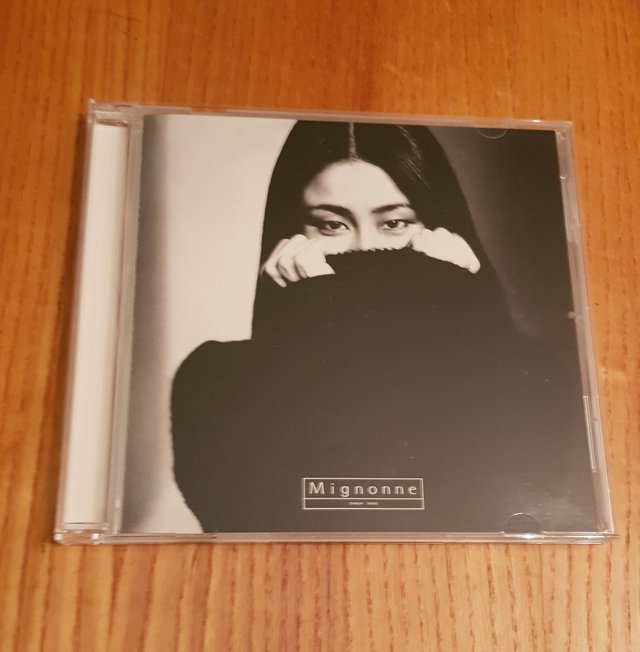The Plastic Love Effect
When the internet of today feels like it is mostly a place where the supporters and detractors of US president Donald Trump can call each other names, it is nice to once in a while be reminded of how the internet can be a wonderful medium for reviving and diffusing obscure and otherwise forgotten information and media to new consumers.
Around the mid 2010's, a Youtube video of a pop song called Plastic Love by Japanese singer Mariya Takeuchi started to appear in the recommendation feeds of more and more Youtube users.
Mariya Takeuchi - Plastic Love
The song itself is a prime example of slick, glittery, polished Japanese 80’s pop with melancholic lyrics about trying to self-medicate a broken heart with the two most 1980’s remedies imaginable: Consumerism and hedonism, but to no avail. Plastic Love quickly grew in popularity and within a short span of time, the views on the video rose to the millions.
The popularity of Plastic Love has manifested itself in several Japanese artists in the City Pop genre such as Junko Ohashi and Takeuchi’s husband Tatsuo Yamashita blowing up to an extent where their albums from the 1970’s and 1980’s are being re-released due to increased foreign demand as well as countless City Pop mixes on Youtube. On August 7th 2017, the foreign craze for Japanese city pop was made aware to the Japanese populace during an episode of Japanese television show ‘Nihon e nanishini’, which interviews foreigners in the airport about why they have come to Japan, where an American man named Steve explained how he had travelled to Japan to purchase original vinyl pressings of classic City Pop albums and even attend a concert with Japanese singer and contemporary of Mariya Takeuchi, Taeko Ohnuki, whose music he had grown to love through watching her songs on Youtube.

I, too, had to jump the Taeko Ohnuki bandwagon - here is my copy of her album Mignonne
As a connoisseur of both Japan, cyberpunk and its derivatives I do, suffice to say, love this song, but rather than just promoting the song (something Youtube has already done far better than I could ever dream of) I want to comment on the wonder of how a video of Japanese pop song from 1984 that was never released overseas and was not even much of a hit in Japan either, has, as of today, been viewed close to 22 million times by people from all over the world.
Some will argue that the microgenre Vaporwave from the early 2010’s that combined beats of Japanese City Pop among other things with a plastic-y, glittery visual aesthetic helped pave the way for Plastic Love or that the lyrics that juxtaposes heartbreak with material disillusionment fitted well into the current zeitgeist, but whatever the reason, Plastic Love still stands as a testament to how the internet really has broken down borders when it comes to the diffusion of media, entertainment and information
I have drawn some inspiration from a video on the topic made by Youtuber Stevem – if you like this post, please check it out.
Check out the newly released English cover of Plastic Love by Youtuber Mom0ki as well
Congratulations @cogitecture! You have completed the following achievement on the Steem blockchain and have been rewarded with new badge(s) :
Click here to view your Board of Honor
If you no longer want to receive notifications, reply to this comment with the word
STOPDo not miss the last post from @steemitboard: